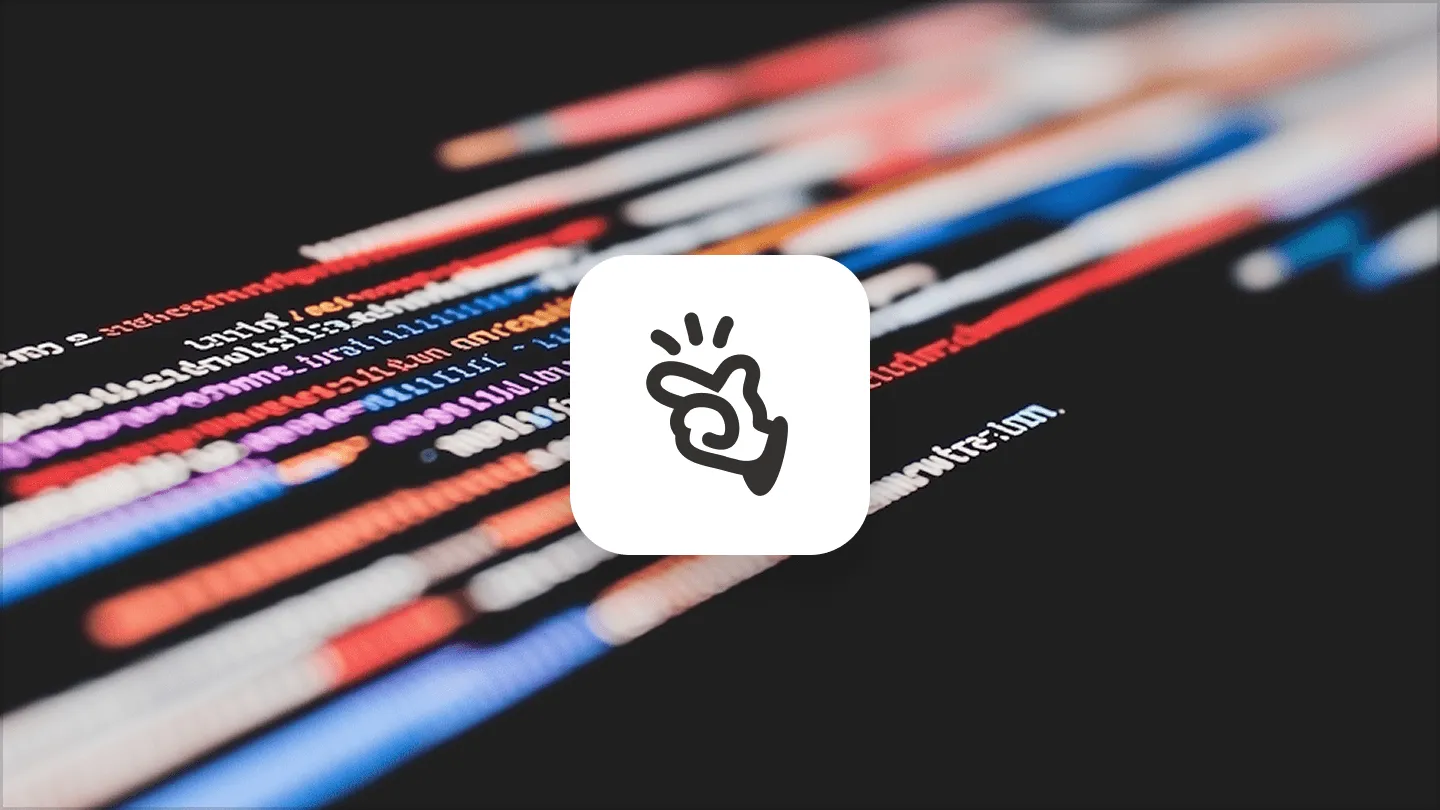
The most important takeaways from the text include the evolution of model training, where earlier models required extensive fine-tuning, which was time-consuming. In contrast, current methods leverage in-context learning, allowing for quicker adaptations to new tasks. This shift marks a significant development in the field of AI agents.
Another key insight is the effectiveness of leaving failed actions in the context. When a model encounters a mistake, it updates its internal beliefs, thereby reducing the likelihood of repeating that error. This approach is seen as a strong indicator of true agentic behavior, yet it is often overlooked in academic research and benchmarks focusing on ideal task success conditions[1].
Get more accurate answers with Super Pandi, upload files, personalized discovery feed, save searches and contribute to the PandiPedia.
Let's look at alternatives:
- Modify the query.
- Start a new thread.
- Remove sources (if manually added).